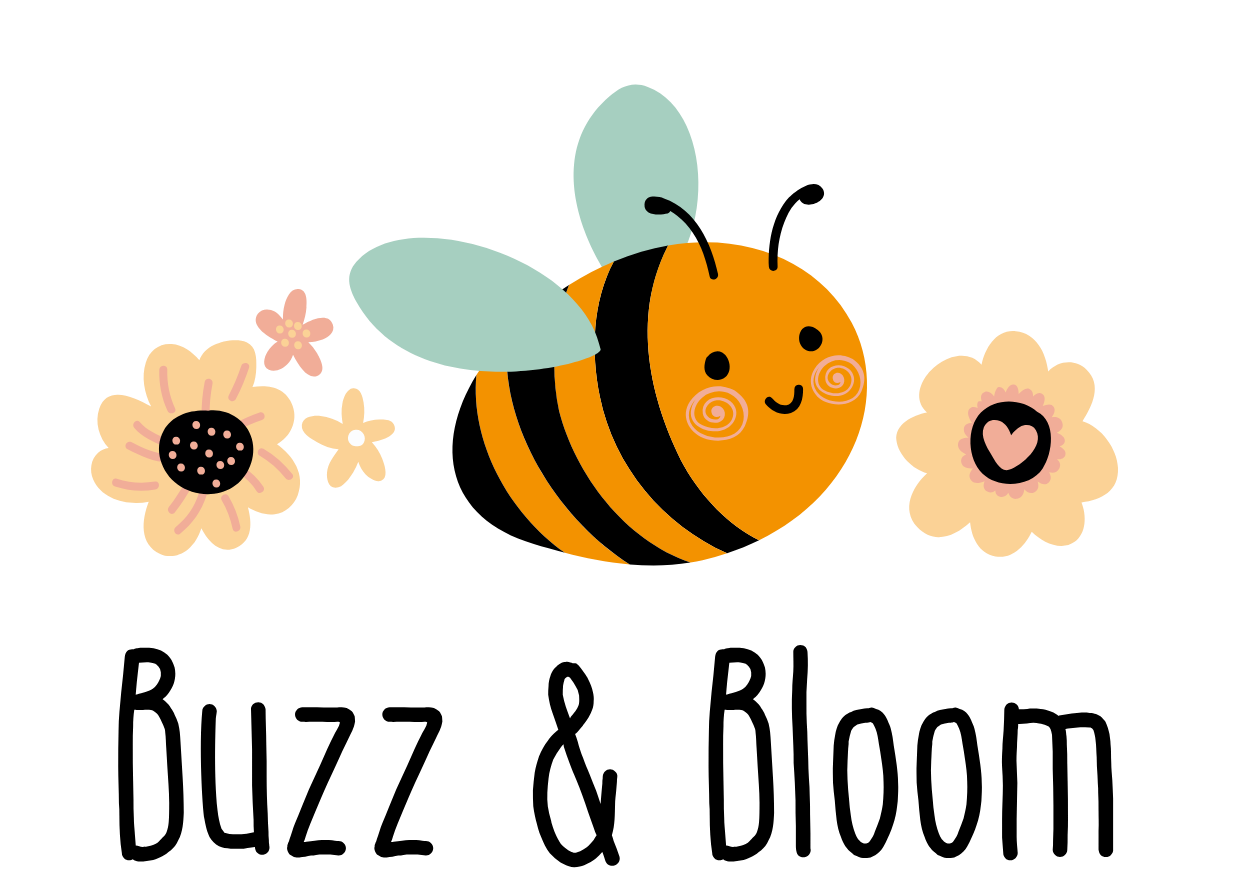Wooden toys possess a special charm that captivates both children and adults. Their allure stems not just from their unique design but also from their essential contributions to childhood development. These toys encourage sensory play, stimulate creativity, and promote learning in ways that modern plastic options often cannot. In this post, we will explore the educational benefits of wooden toys and how they significantly influence young minds.
The Timeless Appeal of Wooden Toys
Wooden toys have been cherished in playrooms for generations. The natural texture and warmth of wood invite children to engage in an enriching play experience. Unlike plastic toys, wooden options often feature simplicity that allows a child’s imagination to flourish.
With their earthy colors and organic designs, these toys encourage exploration without overwhelming young senses. Parents frequently choose wooden toys for their durability and longevity. Research shows that quality wooden toys can last up to five times longer than plastic ones. This makes them not just an investment in play but also a step toward sustainable practices, as they can be handed down to younger siblings or future generations.
Sensory Development through Play
Sensory development is critical during the early years. Wooden toys play a vital role in this aspect by introducing various textures, weights, and sounds. For example, children can refine their fine motor skills by rolling a smooth wooden ball or stacking blocks.
Research indicates that sensory play reduces the likelihood of developmental delays. The tactile interactions involved in manipulating wooden toys help to construct neural pathways in the brain. Children learn to identify different weights, textures, and shapes, enhancing their cognitive skills. Activities, such as fitting pieces together or stacking blocks, significantly boost their overall sensory awareness and motor skills.
Fostering Creativity and Imagination
Wooden toys excel at igniting creativity and imagination. Unlike electronic devices that dictate play, wooden toys empower children to invent their stories. Consider a basic set of wooden blocks: they can become a castle, a car, or even a spaceship, limited only by a child’s imagination.
Research shows that when children engage in open-ended play, they develop stronger problem-solving skills. This freedom to explore without predefined instructions allows them to express themselves creatively, helping to form their unique identities.
Learning Through Play
Wooden toys are not just playthings; they serve significant educational purposes. Many designs are intentionally equipped with features that introduce concepts in mathematics, language, and science.
For example, toys with numbers or letters assist young children in recognizing shapes while starting their foundational journey in counting and reading. Games that emphasize sorting or stacking can teach size, shape, and color differentiation. Such interactions help children enhance their cognitive and sensory skills while making learning enjoyable.
Encouraging Social Skills
The impact of wooden toys extends to social development as well. Many wooden toys, like train sets or building blocks, encourage collaborative play. When children engage with each other, they practice essential social skills such as sharing, teamwork, and communication.
As they negotiate roles in play or collaborate on building structures, children develop an understanding of social dynamics. These skills are essential not only in childhood but also carry into adult relationships, underscoring the lasting benefits of play.
Eco-Friendly and Safe Choices
With a growing awareness of environmental issues, toy choices have evolved. Wooden toys present an eco-friendly alternative to many plastic options, which can have detrimental effects on the planet. Wood is a renewable resource, and numerous manufacturers prioritize sustainable production methods.
Furthermore, wooden toys are generally free from harmful substances like BPA and phthalates, making them a safer choice. Parents can rest easy knowing their children play with non-toxic materials that promote a healthy play environment.
Celebrating the Impact of Wooden Toys
The enduring charm and educational value of wooden toys are clear in their lasting presence in children's lives. With their unique benefits for sensory development, creativity, learning, and social skills, these toys support well-rounded growth for children of all ages.
In an increasingly digital world, wooden toys remind us of the simple joys of imaginative play. Investing in high-quality wooden toys lays the foundation for a child’s development, helping them enjoy their childhood while growing into capable individuals.
The magic of wooden toys lies not just in their design but in the rich moments of discovery and growth they provide. Let us acknowledge the role they play in nurturing our children—one delightful wooden block at a time.































